Exclusives
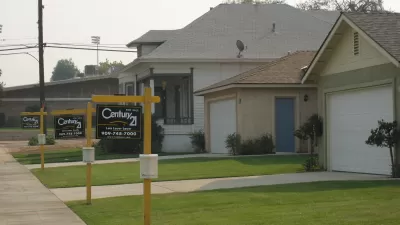
BLOG POST
More Thoughts On The Realtors' Survey
In addition to revealing public preferences for single-family homes and walkable communities, a recent survey conducted for the National Association of Realtors contains a variety of other small surprises.
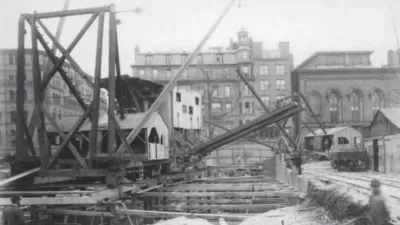
FEATURE
The Original Big Digs
The gridlock in American cities today doesn't compare to the crush on streets in Boston and New York City in the mid- to late-1800s. In The Race Underground, Doug Most chronicles the occasionally synchronous development of the nation’s first subways.

BLOG POST
Trends to Watch in Planetizen’s Top Posts
We post a lot of articles here at Planetizen, and the traffic created by you, our audience, provides valuable feedback about the ideas and places of interest to the planning and urbanism community.

BLOG POST
America's Apartment Shortage: 8 Million Units
The 2014 National Realtor's Survey asked consumers for preferences in housing and neighborhood types. Although preferences trended toward the suburban, the number of people who want to live in urban areas is under-supplied by multi-family housing.

BLOG POST
Old Thinking In New Traffic Safety Reports
A new paradigm is expanding transport safety strategies to include demand management and smart growth, but the old paradigm is alive and deadly as illustrated by two new traffic safety guidance documents.
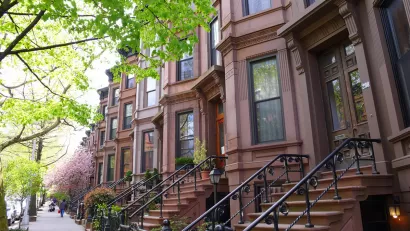
FEATURE
Housing is the Key to Family-Friendly Cities
Why housing should take priority in the effort to attract families back to the city (and welcome them to stay awhile).

BLOG POST
Architecture + Urbanism: Both/And, Not Either/Or
Looking at the trend toward interdisciplinary design practice through the work of WXY Architecture + Urban Design.
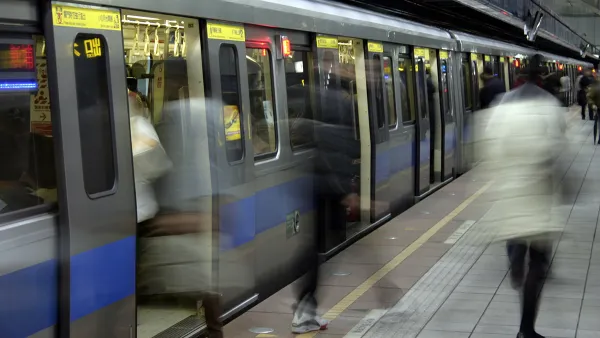
BLOG POST
Transit Ridership—Debunking the Debunkers (Sort Of)
In response to the news that transit ridership reached an all-time high in 2013, commentators of all stripes sought to deny or minimize the news. But such arguments are themselves flawed.
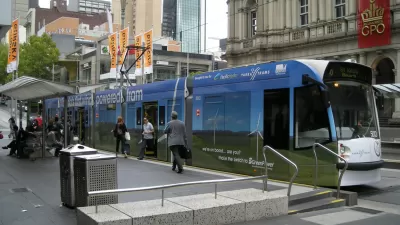
FEATURE
Transit + Technology: Revitalizing Public Transportation for Smarter Communities
Neil Roberts shares details of Melbourne's Yarra Trams, which has exceeded its service delivery and punctuality goals by the use of intelligent transit technology like sensors, the tramTRACKER app, and mobile work stations for employees.

BLOG POST
Bricks or Bullets? Obama Chooses Defense Over Housing
The federal government has largely abdicated its responsibility to build affordable housing. Nowhere is that more clear than in the comparison between President Obama's proposed $6 billion to HUD for housing production and $626 billion for defense.

FEATURE
Deconstructing the Policing of Conservation Subdivision Design Standards
Continuing a conversation about the definition of conservation subdivisions, this article examines the inconsistent application of the term by policymakers. Moreover, the auto-dependent realities of rural development require more critical thinking.

BLOG POST
Cleaner Air In Paris? There Will Be an App for That
Cars, smartphones, and Paris’ air quality crisis.
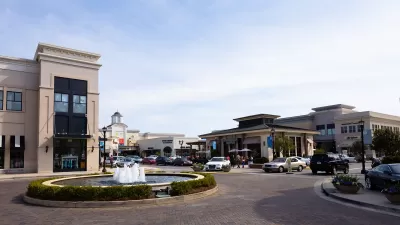
BLOG POST
Southern Fried Urbanism
You do not hear much talk about meaningful urbanism in the Southeast U.S. Until political winds shift, don't expect that to change.
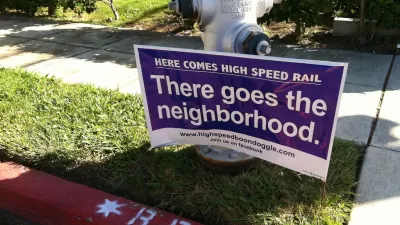
BLOG POST
The Theory Behind NIMBYism
Why should people have veto power over anything built in their neighborhood?
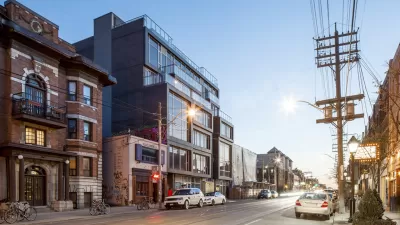
FEATURE
Mid-Rise: Density at a Human Scale
All growing cities must find ways to develop at appropriate, transit-supporting densities without overwhelming the surrounding context. The human-scaled, mid-rise building can be a solution—but achieving a good neighbourhood “fit” is not easy.
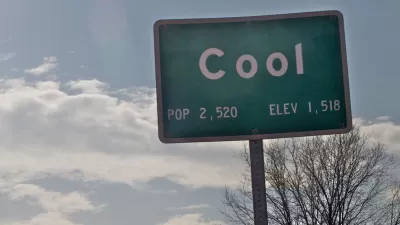
BLOG POST
A Tribute to Small Town Urban Planning
Working for a small town doesn't just teach you how to plan a community; it teaches you how to be a part of it.
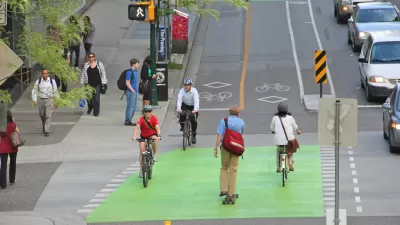
BLOG POST
Economically Successful Cities Favor Space-Efficient Modes
Cities are, by definition, places where many people and activities locate close together. Their economic success and livability benefits from policies that favor space-efficient modes (walking, cycling, ridesharing and public transit).
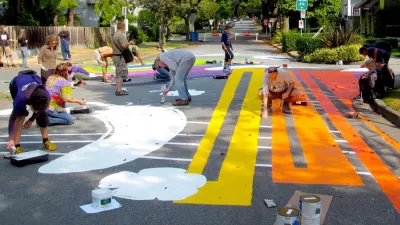
FEATURE
10 Lessons in More Engaging Citizen Engagement
With cities seeking to involve diverse voices in city-making to get beyond “the usual suspects,” Vancouver urbanists Brent Toderian and Jillian Glover examine how cities in their region are finding new ways to increase civic participation.

BLOG POST
The Little Prince Meets the Big City
When considering city life, we often look to Jane Jacobs or William H. Whyte. But an exhibit commemorating the 70th anniversary of the children's classic “The Little Prince” at New York's Morgan Library surprises as a field guide for urban living.

FEATURE
Clarifying the Conservation Subdivision Design Approach
After a recent scholarly article raising questions about the definition of conservation subdivisions, Randall Arendt, author of "Conservation Design for Subdivisions" and "Growing Greener," wrote the following response.
Pagination
Heyer Gruel & Associates PA
JM Goldson LLC
Custer County Colorado
City of Camden Redevelopment Agency
City of Astoria
Transportation Research & Education Center (TREC) at Portland State University
Jefferson Parish Government
Camden Redevelopment Agency
City of Claremont
Urban Design for Planners 1: Software Tools
This six-course series explores essential urban design concepts using open source software and equips planners with the tools they need to participate fully in the urban design process.
Planning for Universal Design
Learn the tools for implementing Universal Design in planning regulations.


































